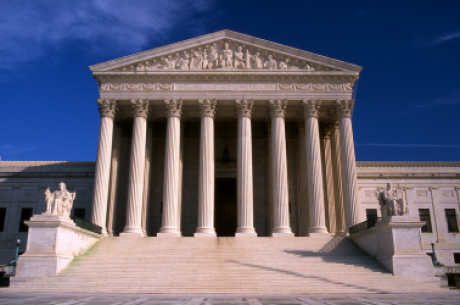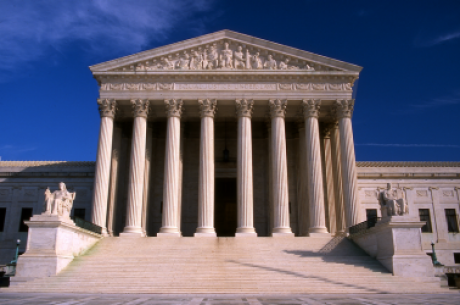A Look at the Impact the Veto of the New Jersey Internet Gambling Bill Could Have on Other State and Federal Efforts

New Jersey Gov. Chris Christie's veto of the state's Internet gambling bill last week obviously was a huge blow to the efforts to license and regulate online poker in New Jersey, but will it impact efforts in other states and on the federal level?
Poker Players Alliance executive director John Pappas doesn't think the veto will have the negative effect on other markets that one might think.
"His reason for his veto, the constitutional and legal reasons, don't apply in states like California and Florida, so I don't think they will have similar concerns in those states," Pappas said. "I don't think what happened in New Jersey is going to dissuade those states from continuing to move forward."
For the federal level, Pappas saw the possibility of New Jersey becoming the first state to sanction Internet poker as a positive step that could have served as a kick in the rear to those on Capitol Hill. The veto zapped the power from that kick, but Pappas believes it shows that online poker is an issue not to be ignored.
"It certainly hurts momentum a little bit," Pappas said. "But it hopefully demonstrates to federal lawmakers that states are acting and will continue to do so, so you have to act as well."
Pappas expects the next action on the federal level to be the introduction of an Internet gambling licensing and regulation bill from Rep. John Campbell (R-Calif.). Pappas believes the bill will look exactly like the Barney Frank bill that passed out of the House Financial Services Committee last year, not as the bill was originally introduced by Frank but as it was amended out of the committee.
Campbell was very active during that markup and added the most extensive amendment (which can be viewed at the ) focusing on improving consumer safeguards. Campbell was one of the most pragmatic Congressman during the Financial Services hearings. He doesn't seem to support legalizing Internet poker for personal freedoms or increased tax revenues, but more so to better regulate and secure an activity he realizes many Americans are already doing.
With the new Republican majority in the House, this viewpoint could be a more marketable selling point. Campbell would be the lone sponsor of this bill. Frank would be a key Democratic co-sponsor. This could help gain more Republican support while maintaining the Democratic support the bill had previously. In the Financial Services Committee vote last July, Democrats voted 34-4 in favor of the bill and Republicans voted 7-18 against it.
"I think having Campbell's name on it will get more Republican support," Pappas said. "I heard from other members in Congress anecdotally that it would be very difficult for them to support a Frank bill. I think the sponsor should be irrelevant but political games make that untrue. I think having a Republican sponsor is the most practical play here."
Pappas said he thinks the bill will be introduced sometime before the end of this month, but he has not been told an exact date. A potential major roadblock in the future is that, with Campbell's sponsorship, the bill likely gets pigeonholed to the Financial Services Committee, which is now chaired by Spencer Bachus (R-Ala.), one of the biggest opponents of Internet gambling in the House.
"If it is the bill as passed by the committee, then of course Financial Services has primary jurisdiction over it," Pappas said. "We do view that as somewhat problematic. There's a chairman we know does not support licensing and regulation. But he may be supportive of a hearing or a markup if enough members weigh in. It depends on how much support the bill receives from other members of the committee."
for up-to-the-minute news.








